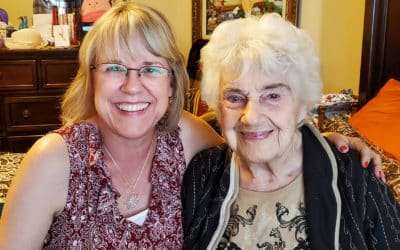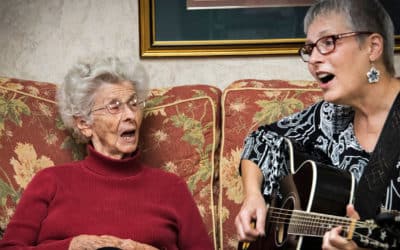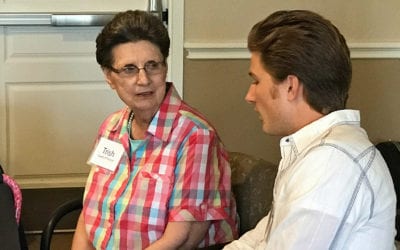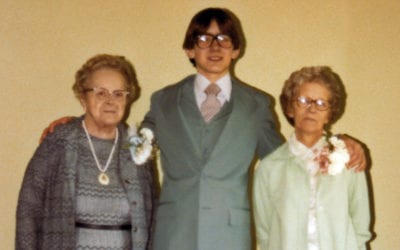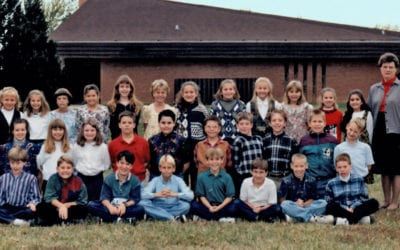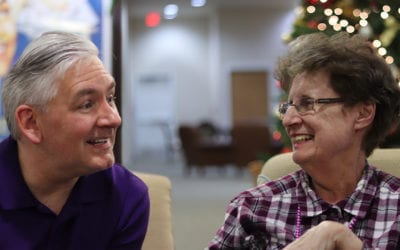Dementia creates ambiguous loss. Your loved one is here, but not here. It’s confusing. There’s no timetable, so no sense of closure.
Category: Care Tips
Safe With Us: A Caregiver Story
Kim Foster helps care for her mother-in-law, Alice, who is living with dementia. Reflecting on an especially challenging stretch during the pandemic, she says: “It was the toughest three months I’ve ever spent caring for someone. But it was completely worth it.”
Not-So-Obvious Dementia Care Tips
When caring for a loved one living with dementia, learn to look at things in a new way. It’s easy to overlook the little things, but those little things may make a big difference.
Handmade Cards and a Legacy of Love
Sending handmade cards and personal notes can help families stay connected during the Alzheimer’s journey.
Basic Info About Alzheimer’s and Dementia
Alzheimer’s is the leading cause of dementia, so sometimes people use one term to mean the other. It’s more accurate to refer to say “Alzheimer’s or other forms of dementia.”
Watching Musical Movies With a Loved One Living With Dementia
Tips for watching musical movies together, helping your family stay connected during the Alzheimer’s journey.
Tips for Using Music When Visiting People Living With Dementia
Mary Sue Wilkinson, founder of Singing Heart to Heart, shares her 5 tips for how to include music when visiting a person living with dementia.
Why Music Matters
Music connects us with our memories and with each other. It’s an essential part of life, so it’s an essential part of dementia care.
Talking With Someone Who Has Alzheimer’s
Develop new habits for talking with someone who has Alzheimer’s. Learn to cherish each new conversation.
When Words Fail
One simple smile can express love, kindness, approval, and encouragement. Smiles connect when words fail.
Learning to Face Alzheimer’s With Joy
As Trish used her teaching skills, she taught us it was okay to look for new ways of doing things.
Keep Talking, Keep Listening
You may think someone who has Alzheimer’s has lost the ability to talk. But a certain word or song, or maybe a timely smile, might spark a beautiful new conversation.


